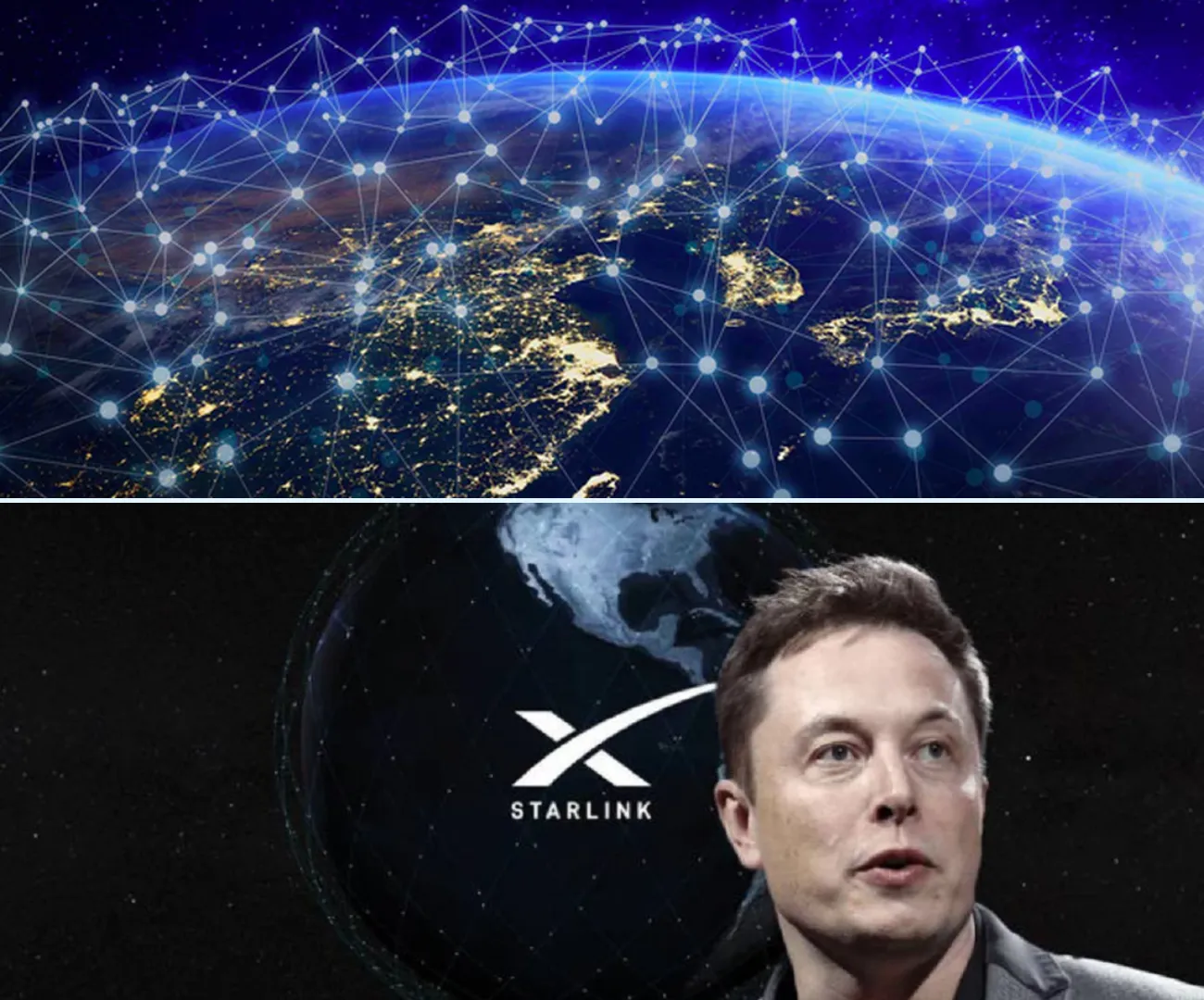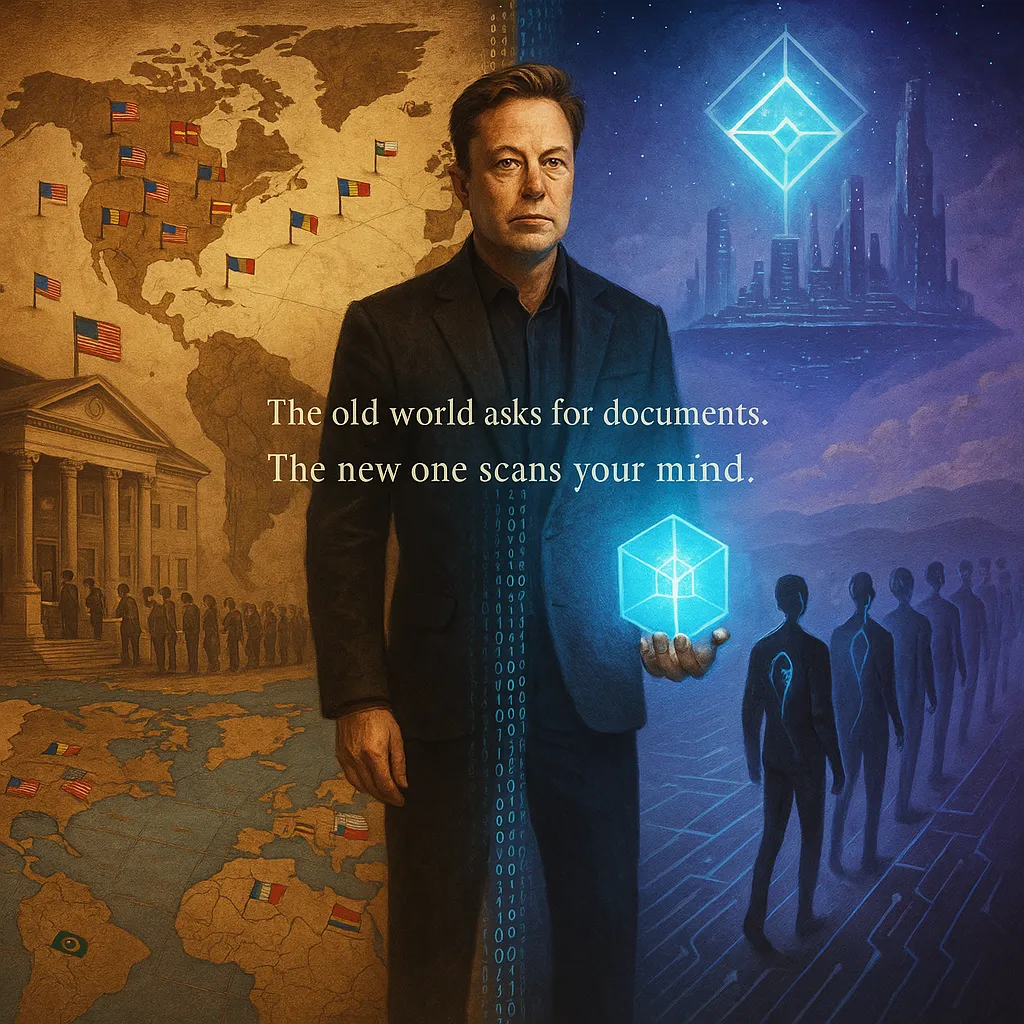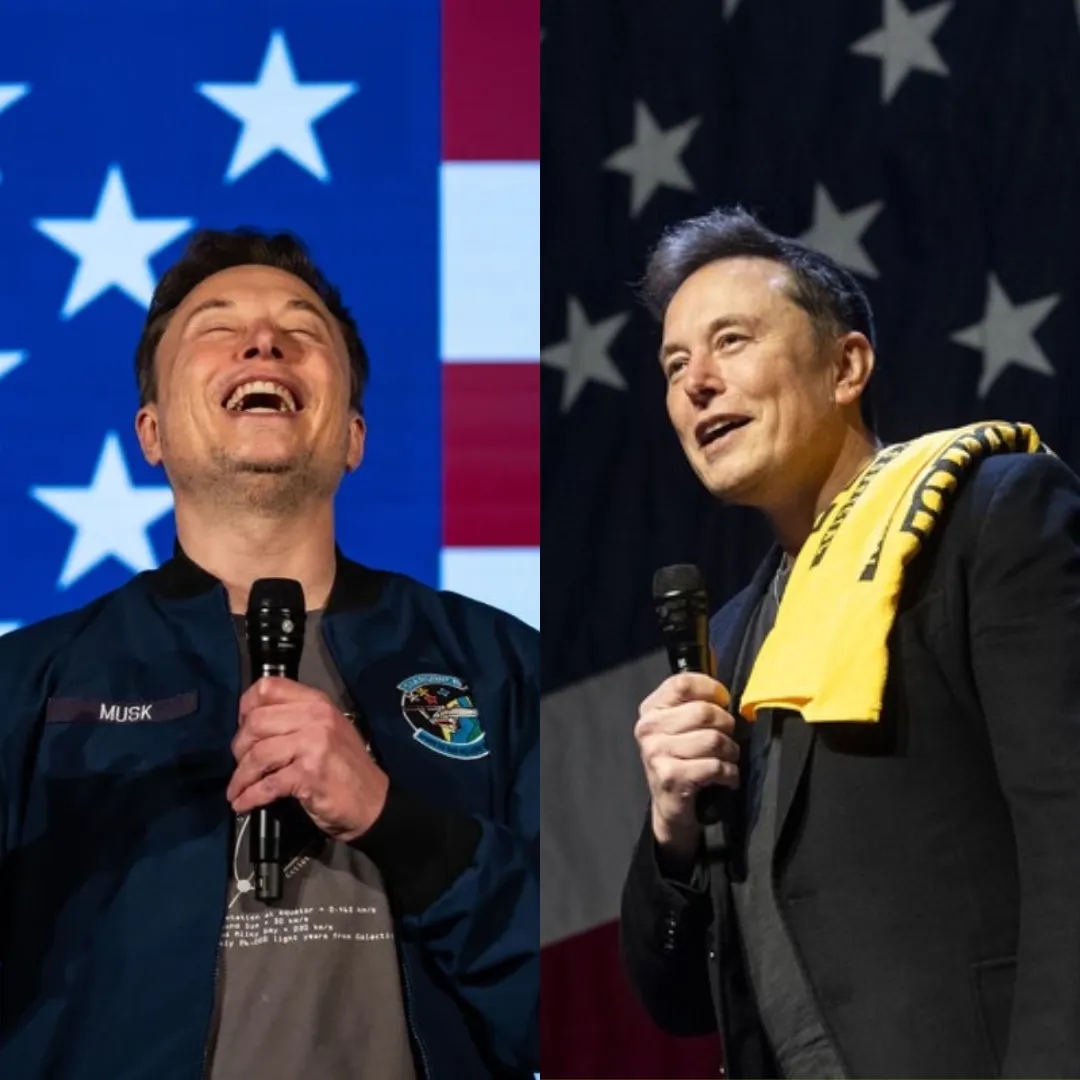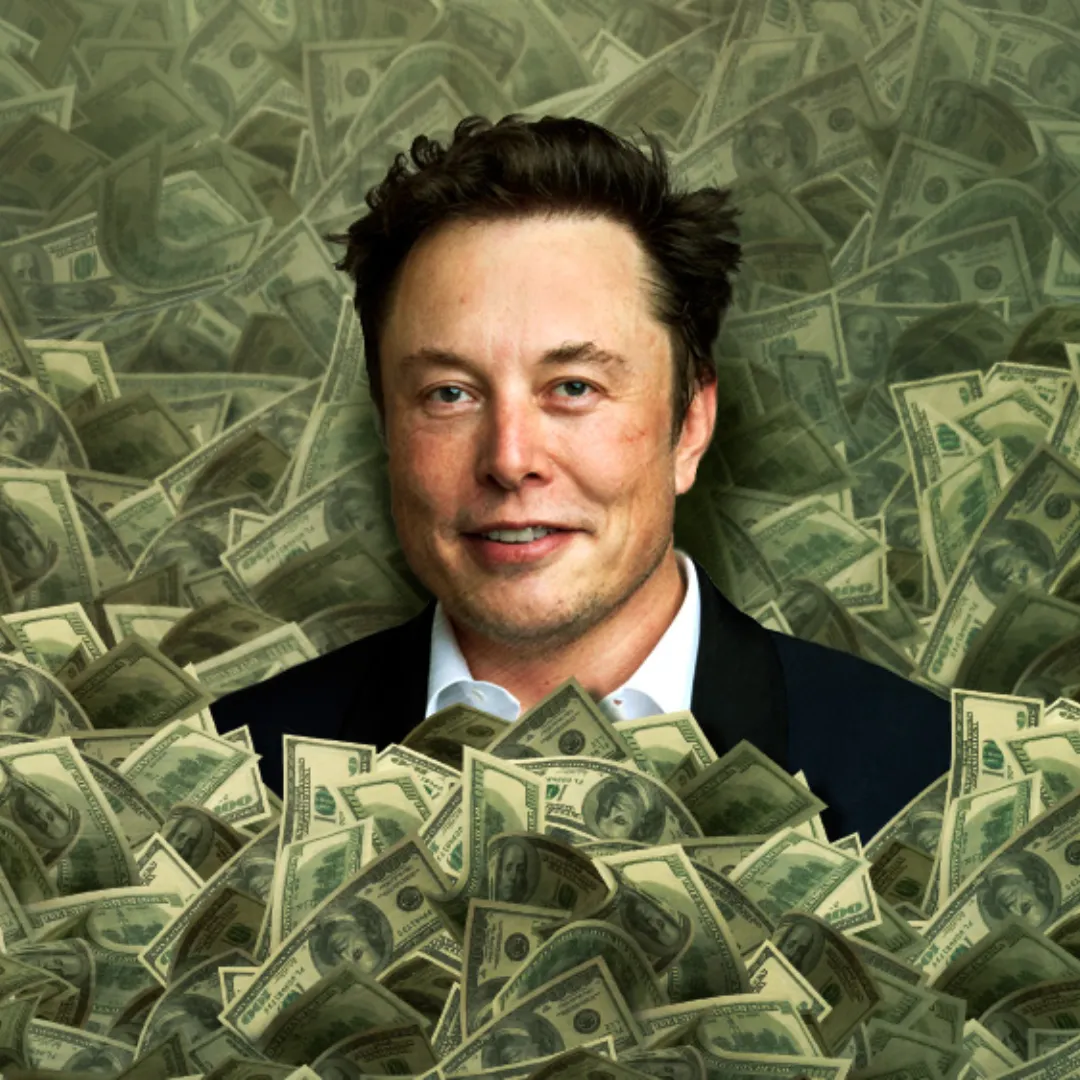
Mike Myers, the iconic Canadian comedian known for his roles in Wayne’s World, Austin Powers, and Shrek, recently found himself at the center of an unexpected political storm after he dared to mock Elon Musk during a Saturday Night Live (SNL) sketch. His portrayal of Musk, which involved wielding a chainsaw, quickly evolved into a defiant statement against Musk’s controversial comments about Canada.
Myers, whose career has spanned decades and straddled both Canada and the United States, used his platform to voice his frustration over Musk’s remarks that Canada was “not a real country.” What followed was a bold and emotional public act that stunned audiences and showcased Myers’ unwavering commitment to defending his homeland.
The drama unfolded when Elon Musk, in his usual provocative manner, made the remark that Canada was “not a real country.” For Mike Myers, this wasn’t just another celebrity spat—it was a personal attack on his identity. Myers, who had spent much of his career working in the U.S., could no longer stay silent.

The frustration began to build as he reflected on Musk’s comment, but it wasn’t just that statement that drove Myers to action. His anger also stemmed from the political climate of the time—where Canadian sovereignty seemed increasingly under threat from U.S. rhetoric, especially from figures like Donald Trump, who had previously called Canada “the 51st state” and made disparaging remarks about former Prime Minister Justin Trudeau.
Standing on the SNL stage in March 2025, Myers found himself overcome by emotion. “I got angrier and angrier,” he admitted, as he stood before the camera after his chainsaw-wielding portrayal of Musk.
In a powerful moment of rebellion, Myers tore open his down vest to reveal a “Canada Is Not for Sale” T-shirt, sending an unmistakable message of defiance. “Elbows up,” he mouthed twice, referencing the iconic response of legendary Canadian hockey player Gordie Howe to aggression on the ice.
The act wasn’t just about comedy for Myers—it was about Canada. In his own words, it came “from my ankles and from my brain and from my heart.”

It wasn’t just a joke; it was a deeply personal expression of his frustration with the ongoing undermining of Canadian identity. For Myers, this wasn’t about making a statement on behalf of Mike Myers the comedian; this was about the country that had shaped him.
His words resonated deeply with Canadian audiences who had long felt the sting of international dismissals. As Myers put it, “We love America. We love you guys. We don’t understand what this madness is.”
For a man who had lived in the U.S. for decades, built a family, and become a U.S. citizen, it was an emotional moment. But it wasn’t just about a cultural divide. Myers, who holds both Canadian and American citizenship, was keenly aware of the complexity of his identity.
“Americans are the last people you would think would ever be a threat to us,” he said, reflecting on how such dismissive rhetoric from figures like Musk and Trump felt like a betrayal to him personally and to his homeland.
:max_bytes(150000):strip_icc():focal(697x236:699x238)/mike-meyers-snl-canada-shirt-030225-30f187f68a234836847d430d049161e9.jpg)
Fueled by the outpouring of support following his SNL moment, Myers decided to escalate his political involvement. He consulted with his Canadian brothers, who shared his deep love for their homeland and were politically savvy.
Together, they devised a plan that would bring his message to an even larger audience: a television ad supporting the Liberal Party in Canada’s federal election.
The ad featured Myers alongside Prime Minister Mark Carney, who had recently returned to Canada after serving as the Governor of the Bank of England. In the ad, Myers, donning a “Never 51” jersey, stood with Carney by a hockey rink—a symbol of Canada’s cultural identity.
The ad was more than just a political endorsement; it was a reaffirmation of Myers’ Canadian roots. “I wanted it to be like, ‘I know I don’t live there anymore, and let’s talk about that,’” Myers said of his involvement in the ad. It became a moment for him to express both his personal connection to Canada and his unwavering belief in its sovereignty.
The ad also featured a humorous identity test, where Carney and Myers discussed Canada’s two seasons: winter and construction. It was a lighthearted moment, but one that reinforced Myers’ pride in his country and his desire to see Canada defend its values against external pressures.
For Myers, it wasn’t just about the election—it was about sending a message to both Canadians and the world that Canada was not to be underestimated or treated as an afterthought.
In the ad, Myers wasn’t just supporting a political party—he was also making a statement about the direction of Canadian governance in the face of disruptive figures like Musk. Myers expressed his discomfort with Musk’s approach to both business and politics, particularly Musk’s disregard for the importance of government. Myers has always been a strong believer in the value of good governance, something he felt Musk’s actions undermined.
“To the extent that Elon Musk is involved in our democratic government, it goes against how I feel as a Canadian,” Myers said. He went on to criticize Musk’s “slash-and-burn” approach to business and politics, which he believed conflicted with the Canadian values of trust in government and the common good.
For Myers, the threat to Canadian sovereignty was not just an external issue but one that required a united response from his fellow citizens.
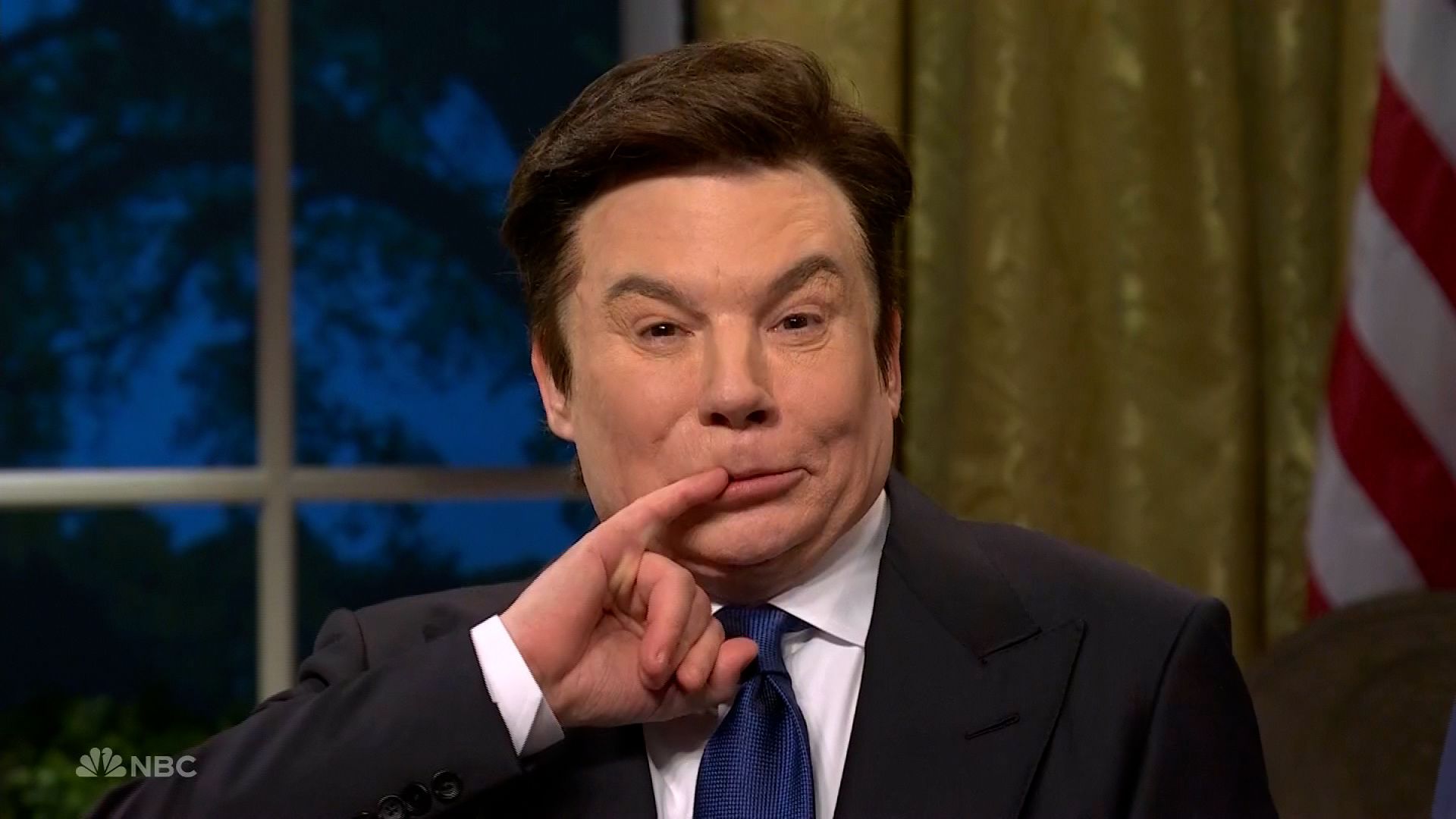
Myers also emphasized the role of comedy in pushing back against these ideologies. “Fascism doesn’t like to be ridiculed; it likes to be feared,” he said, explaining why satire and humor were such effective tools in challenging the rise of extremist ideologies.
In his eyes, Musk’s controversial actions and political influence needed to be mocked and exposed for what they were—unacceptable and dangerous.
Myers’ commitment to Canadian values wasn’t just about fighting against those who threatened Canada’s sovereignty; it was also about building bridges within the Canadian community, even with those who had been politically divisive. One notable example was hockey legend Wayne Gretzky, whose public embrace of Trump’s MAGA movement had alienated some Canadians.
Despite this, Myers held no ill will toward Gretzky, describing him as a “great Canadian.”
In a playful gesture, Myers extended an olive branch to Gretzky, inviting him to join his side in defending Canadian sovereignty. “Red Rover, Red Rover, we call Wayne over,” Myers joked, hoping that Gretzky would reconsider his political stance and stand with those who were fighting to protect Canada’s identity.

In his 2016 memoir Canada, Myers explored the ongoing struggle of his home country to define itself on the world stage. He described how Canadians often asked, “Why are we?” rather than “Who are we?”
But with the growing threats to Canada’s sovereignty, Myers now believes that the country has finally found its answer. “As the great Canadian poet Joni Mitchell said, ‘You don’t know what you’ve got till it’s gone,’” Myers reflected. The possibility of losing Canada’s distinct identity had raised the collective consciousness of Canadians, reminding them of how great their country truly is.
For Mike Myers, standing up to Elon Musk and other figures who threatened Canada’s sovereignty was not just about politics—it was about defending everything that makes Canada great. His bold actions, both on SNL and in the Liberal Party ad, were a declaration that he would no longer stand idly by while Canada was diminished by outside forces. His message was clear: Canada is not for sale, and its values are worth fighting for.

